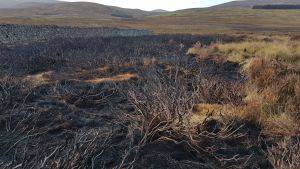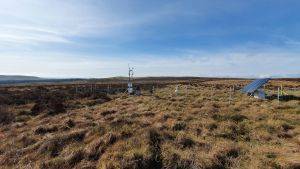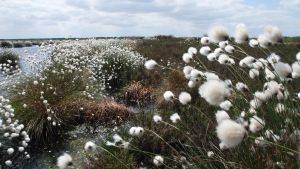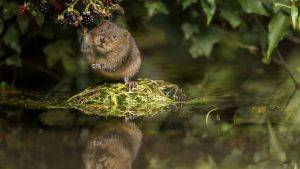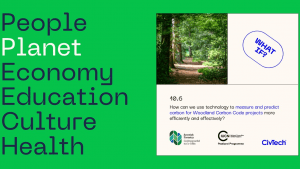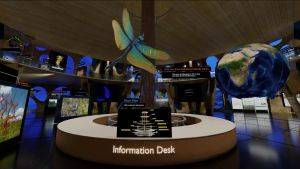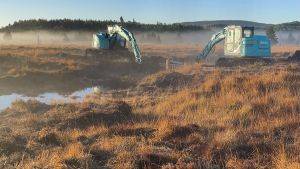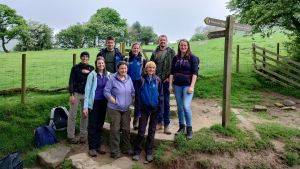Wetlands across Europe, and around the world, are undergoing rapid changes from a range of pressures, but there are no tailor-made or proactive studies to identify the impacts of change on their heritage resource. Recent years have seen the potential role of wetlands as providing valuable ecosystems services in terms of water management, flood alleviation, and carbon sequestration, but these can often occur in direct conflict with local community perceptions of heritage.
 WETFUTURES is a 3-year, international project funded through the Joint Programming Initiative Cultural Heritage (Heritage in Changing Environments Call, via the European Union's Horizon 2020 research and innovation programme) that will focus on wetland environments in Ireland, the Netherlands and the United Kingdom. The project lead is Dr Roy van Beek (Wageningen University, Netherlands) whilst Dr Ben Gearey (University College Cork, Ireland) and Dr Ben Jennings (University of Bradford, UK) will lead the Irish and British components respectively.
WETFUTURES is a 3-year, international project funded through the Joint Programming Initiative Cultural Heritage (Heritage in Changing Environments Call, via the European Union's Horizon 2020 research and innovation programme) that will focus on wetland environments in Ireland, the Netherlands and the United Kingdom. The project lead is Dr Roy van Beek (Wageningen University, Netherlands) whilst Dr Ben Gearey (University College Cork, Ireland) and Dr Ben Jennings (University of Bradford, UK) will lead the Irish and British components respectively.
The project will focus on key wetland environments (including peatlands) within each country, which will act as case studies for the identification of specific threats to these landscapes, and identify ways in which the heritage of wetlands can contribute to contemporary social challenges. Negotiating and reconciling the rights and perceptions of the local, national and international populace is one of the key aspects that will be addressed. The project aims to:
1. Assess the impacts of physical, economic and social change on wetland environments;
2. Assess the current and future role of wetland environments and analyse how their cultural services can help contextualise past and possible future patterns and processes of environmental and cultural change over variable timescales;
3. Explore ways to improve communication of the importance of wetland heritage and promote knowledge exchange, interaction and partnership between stakeholders;
4. Produce tools to help understand and address diversity across stakeholders’ values pertaining to the heritage of wetland landscapes.
These questions will be addressed using a multi- and transdisciplinary combination of comparative literature review, drawing on approaches and methods from archaeology, social science and historical geography: map regression analysis, remote survey, ethnographic research and public and stakeholder interaction. This combination will enable us to analyse perceptions of wetland heritage and changing attitudes towards wetland utilization, in the context of changing environmental conditions.
The project already has a number of proposed case study sites and associate partners which include the IUCN UK Peatland Programme and we recognise that there may already be aspects of the proposed work being carried out within these regions. The peatland research community can provide valuable information and important connections regarding many aspects of the project and we would be keen to collaborate with anyone who may already be collecting information in any of the regions. If you would like more information or to discuss further please contact Dr Kim Davies.

